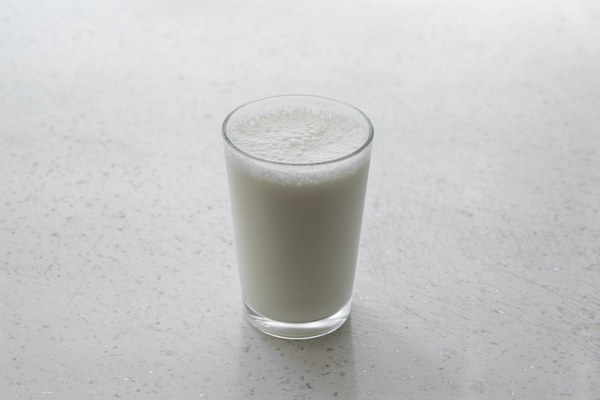The Ultimate Ceiling for Liver Health Unveiling the Secrets to Optimal Liver Care
In the pursuit of optimal health, few organs are as crucial as the liver. As the largest internal organ in the human body, the liver performs a myriad of essential functions, from detoxifying harmful substances to synthesizing proteins and regulating blood sugar levels. However, with the fast-paced modern lifestyle and increasing exposure to environmental toxins, liver health has become a significant concern for many. This article aims to explore the concept of the ultimate ceiling for liver health, providing insights into the key factors that contribute to optimal liver care and offering practical tips to help you achieve it.
Firstly, it is essential to understand that the liver has an impressive capacity for self-repair and regeneration. However, this does not mean that it can withstand endless damage without consequences. The ultimate ceiling for liver health refers to the point at which the liver's ability to repair itself is compromised, leading to chronic liver diseases such as cirrhosis and liver cancer.
To maintain your liver's health and prevent crossing this ceiling, consider the following strategies:
1. Nutritional Balance: A well-balanced diet rich in fruits, vegetables, whole grains, lean proteins, and healthy fats is crucial for liver health. Certain nutrients, such as vitamin E, selenium, and antioxidants, have been shown to support liver function. Additionally, limiting intake of high-sugar, high-fat, and processed foods can help reduce the risk of liver damage.
2. Alcohol Consumption: Excessive alcohol consumption is a leading cause of liver disease. To maintain a healthy liver, limit alcohol intake to moderate levels or abstain altogether. For women, this means no more than one drink per day, while men should stick to two drinks per day.
3. Avoiding Toxins: Exposure to environmental toxins, such as pesticides, heavy metals, and certain medications, can harm the liver. Minimize exposure by choosing organic produce, using natural personal care products, and consulting with your healthcare provider before taking new medications.
4. Regular Exercise: Physical activity helps improve liver function and promotes the removal of toxins from the body. Aim for at least 150 minutes of moderate-intensity aerobic exercise or 75 minutes of vigorous-intensity aerobic exercise each week.

5. Adequate Hydration: Staying hydrated is crucial for liver health, as it aids in the removal of waste products and toxins from the body. Aim to drink at least eight glasses of water per day.
6. Stress Management: Chronic stress can affect liver function and increase the risk of liver disease. Incorporate stress-reducing techniques into your daily routine, such as meditation, deep breathing exercises, or yoga.
7. Regular Check-ups: Regular visits to your healthcare provider can help identify potential liver problems early on. Blood tests, such as liver function tests, can reveal signs of liver damage or disease.
8. Quitting Smoking: Smoking is a significant risk factor for liver disease, as it increases the risk of liver cancer and impairs liver function. Quitting smoking can improve liver health and reduce the risk of liver disease.
By following these strategies, you can help maintain your liver's health and prevent crossing the ultimate ceiling for liver care. However, it is important to remember that everyone's liver health needs may vary. Consult with your healthcare provider to create a personalized plan that addresses your specific health concerns and goals.
In conclusion, the ultimate ceiling for liver health represents the point at which the liver's ability to repair itself is compromised. By adopting a healthy lifestyle, minimizing exposure to toxins, and seeking regular medical care, you can help maintain optimal liver health and reduce the risk of liver disease. Remember, taking care of your liver is an ongoing process, and the key to success lies in making sustainable changes to your lifestyle and habits.









